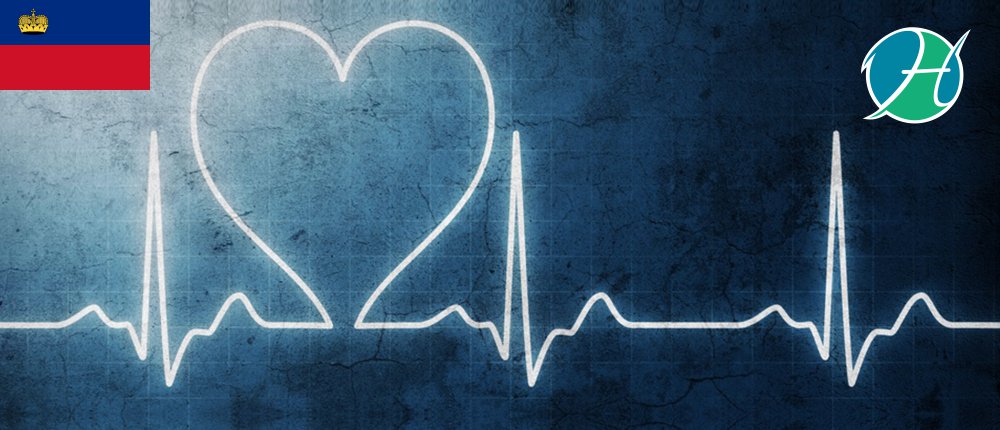Healthcare in Liechtenstein: Hospitals and Health Insurance

Healthcare in Liechtenstein
With a population of just over 37,500 in 2015, Liechtenstein ranks 215th in the world by population and 225th by total area. The official language of Liechtenstein is German. The currency is the Swiss franc. Liechtenstein is not a member of the WHO. Liechtenstein males have a life expectancy at birth of 79 years, and females can expect to live 84 years.
Hospitals in Liechtenstein
Liechtenstein has one hospital, the National Hospital, with private doctors who specialize in internal medicine, surgery, gynecology, obstetrics, psychiatry, and free emergency care to everyone. The government oversees management of the National Hospital and has also formed agreements with Austria and Switzerland so that patients can receive treatment in their hospitals.
The Liechtenstein Senior Care and Nursing Foundation provides many health centers for outpatient general practice, maternity, and pediatric care as well as labs, radiology, and other diagnostic services.
Private clinics with independent doctors and specialists operate throughout the country as well. Completely funded by the doctors themselves and private insurance contributions, these facilities are quite expensive.

Health Insurance in Liechtenstein
Liechtenstein has a universal healthcare system (managed by the Office of Public Health) with insurance coverage mandated for all residents. Employees, employers, and the self-employed pay into the healthcare fund; dependent family members are covered by these contributions. The unemployed, pensioners, and those on maternity or sick leave are exempt from paying. The healthcare fund covers specialists, hospitalization, prescriptions, pregnancy/childbirth, and rehabilitation.
People also purchase their own private insurance from competitive companies regulated by the government. These plans are known as OKPs. Regular checkups are covered at 100% and specialist treatments from neighboring countries are covered with a co-pay.
Travel (International) Health Insurance in Liechtenstein
Many European countries offer European Health Insurance card (EHIC) which offers coverage for emergency medical coverage when traveling to participating European countries. Travel, or international, health insurance provides comprehensive medical coverage when traveling outside of one’s home country. Travel health insurance is different from travel insurance, as the latter may provide only emergency coverage but not full medical coverage.
Travelers should check with their health insurance provider, as they may already have an option of international health coverage. If they do not, they can purchase travel health insurance from their home country or the destination country.
REFERENCES:

